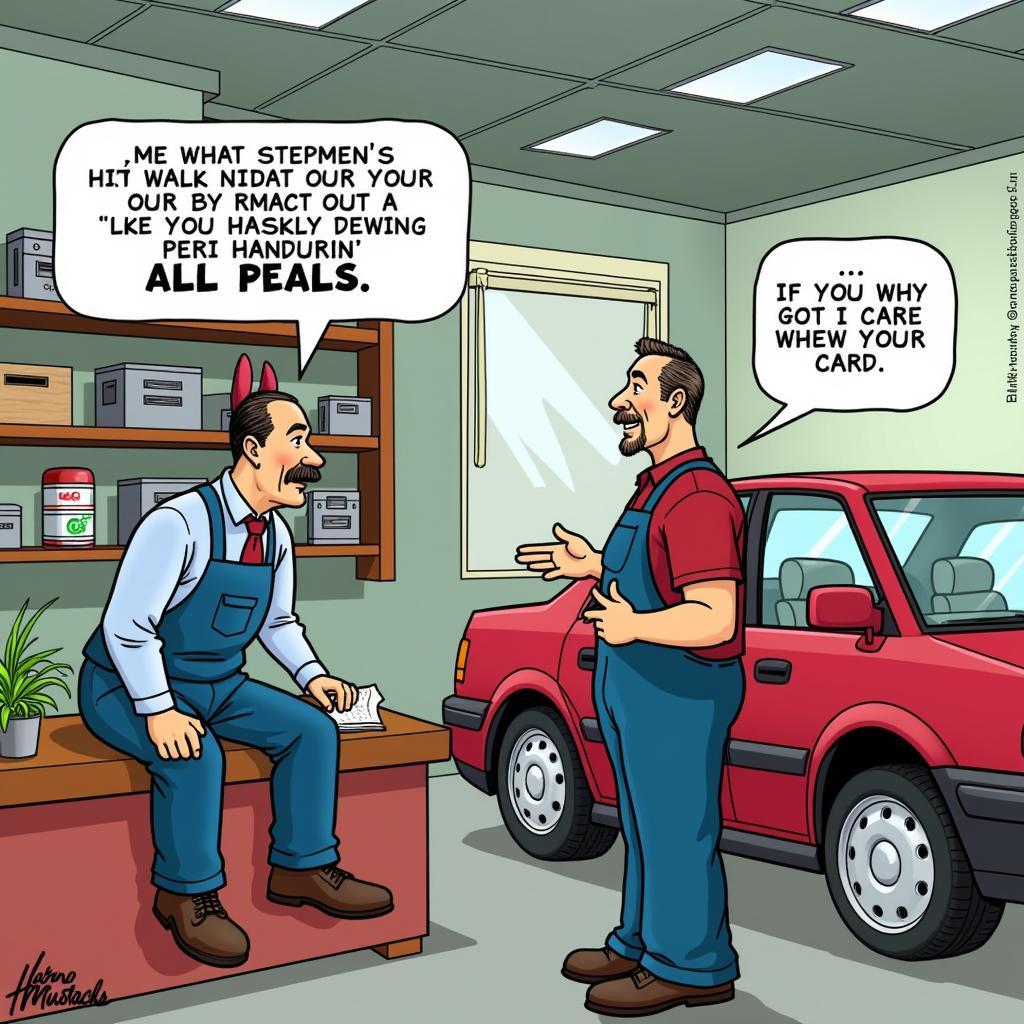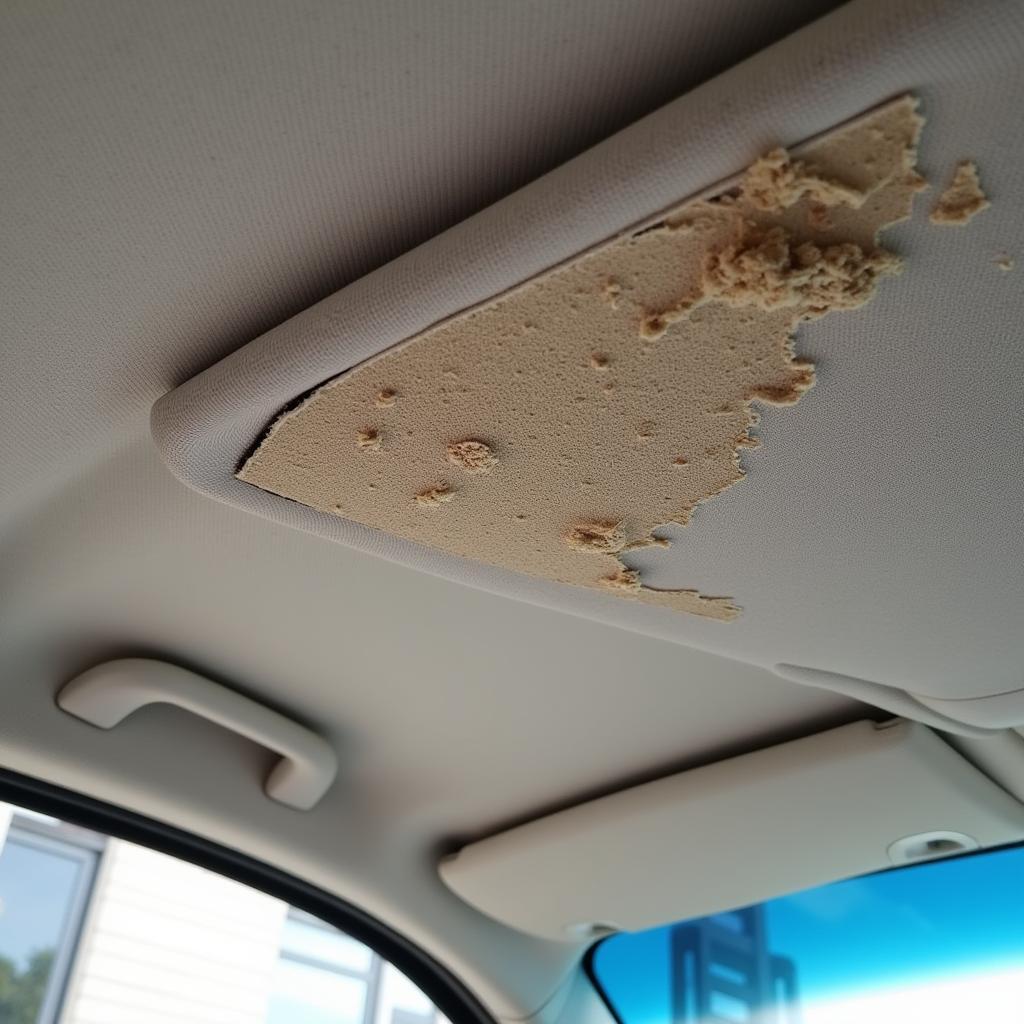Car maintenance is an essential aspect of car ownership that ensures your vehicle operates safely, efficiently, and reliably. It involves a series of regular checks, inspections, and repairs to keep your car in top condition and prevent potential problems. Proper maintenance not only extends the life of your vehicle but also reduces the risk of accidents and costly repairs down the road.
What Does Car Maintenance Include?
Car maintenance encompasses a wide range of tasks, from simple fluid checks to more complex repairs. Here are some of the key elements of a comprehensive car maintenance program:
Fluid Checks and Replacements:
- Engine Oil: The lifeblood of your engine, engine oil lubricates moving parts and helps cool the system. Regular oil changes are crucial for optimal performance and longevity.
- Coolant: This fluid prevents overheating, which can cause serious engine damage. Check your coolant level regularly and replace it according to the manufacturer’s recommendations.
- Brake Fluid: This fluid transfers pressure from the brake pedal to the calipers, enabling braking. Low brake fluid levels can compromise braking performance, so it’s essential to keep it topped up.
- Transmission Fluid: This fluid lubricates and cools the transmission system, ensuring smooth gear shifting. Transmission fluid should be checked and replaced at regular intervals.
- Power Steering Fluid: This fluid assists in steering, providing a smoother and easier driving experience. Ensure it’s at the correct level.
Inspections and Tune-Ups:
- Tire Pressure: Maintaining the correct tire pressure is crucial for safety, fuel efficiency, and tire life.
- Tire Tread: Worn tire treads can significantly reduce traction and braking performance. Replace tires when tread depth reaches the wear bars.
- Battery: A weak battery can lead to starting problems. Have your battery checked regularly and replace it if needed.
- Air Filter: A clogged air filter can restrict airflow to the engine, reducing performance and fuel efficiency. Replace it periodically.
- Spark Plugs: Spark plugs ignite the fuel-air mixture in the engine. Worn or fouled spark plugs can cause misfires and reduced engine performance.
Other Important Maintenance Tasks:
- Brakes: Brake pads and rotors wear down over time. Inspect them regularly and replace them as needed to ensure proper braking function.
- Suspension: Suspension components can wear out, leading to a bumpy ride and handling problems. Inspect and replace them as needed.
- Belts and Hoses: These components transfer power and fluids throughout the engine. Check for cracks, fraying, and leaks, and replace them as needed.
- Lights: Ensure all exterior lights, including headlights, taillights, brake lights, and turn signals, are functioning properly.
- Wiper Blades: Replace wiper blades that leave streaks or have worn-out rubber.
- Exhaust System: A leaking exhaust system can reduce engine performance, increase fuel consumption, and pose safety hazards. Check for leaks and rust.
“Regular car maintenance is a crucial part of owning a vehicle. It’s like taking care of your health – the more you take care of it, the better it will perform for you,” advises James Smith, a certified automotive technician with over 20 years of experience.
Why Is Car Maintenance Important?
- Safety: Proper maintenance ensures your vehicle operates safely. Defective brakes, worn tires, or malfunctioning lights can increase the risk of accidents.
- Reliability: A well-maintained car is less prone to breakdowns and unexpected repairs. This means you can rely on your vehicle to get you where you need to go without worry.
- Performance: Routine maintenance helps maintain optimal engine performance and fuel efficiency.
- Longevity: Taking care of your car extends its lifespan, saving you money in the long run.
- Value: A well-maintained car holds its value better than a neglected one.
How Often Should I Get My Car Serviced?
The frequency of car maintenance depends on factors like driving conditions, mileage, and the age of your vehicle. However, here are some general guidelines:
- Oil Change: Typically recommended every 3,000-5,000 miles, but consult your owner’s manual for the exact interval.
- Tire Rotation: Every 5,000-7,500 miles.
- Brake Inspection: Every 6,000-12,000 miles.
- Full Service: Every 12,000-15,000 miles, which typically includes an oil change, tire rotation, brake inspection, and other basic checks.
“Even if you don’t notice any issues with your car, regular maintenance is crucial to catch problems early and prevent them from becoming bigger and more expensive,” shares Alice Johnson, a seasoned automotive mechanic with a passion for preventative maintenance.
How Do I Find a Reliable Mechanic?
Finding a trustworthy mechanic can be challenging. Consider these tips:
- Ask for Recommendations: Ask friends, family, and colleagues for recommendations.
- Check Online Reviews: Read reviews from other customers to get a sense of their experience.
- Look for Certifications: Consider mechanics with certifications from organizations like the National Institute for Automotive Service Excellence (ASE).
- Get Multiple Quotes: Don’t be afraid to get quotes from several mechanics before making a decision.
What Are the Benefits of Regular Car Maintenance?
- Increased Safety: A well-maintained car is safer to drive.
- Reduced Repair Costs: Catching problems early can prevent them from becoming more serious and expensive.
- Improved Fuel Efficiency: Regular maintenance helps your car run smoothly, which can improve fuel economy.
- Longer Lifespan: Proper care can extend the lifespan of your vehicle.
- Peace of Mind: Knowing that your car is in good condition provides peace of mind.
How Can I Learn More About Car Maintenance?
- Consult Your Owner’s Manual: Your owner’s manual provides specific maintenance schedules and recommendations for your car.
- Visit a Mechanic: Ask your mechanic any questions you have about car maintenance.
- Read Online Resources: There are many online resources available, including articles, videos, and forums.
car maintenance cost old can help you understand the costs involved in keeping your car in good shape. If you are looking for a car that requires minimal maintenance, good low maintenance cars can guide you towards the right model. how much per mile is car maintenance provides insights into the average cost of car maintenance per mile.
FAQ
Q: How often should I check my tire pressure?
A: Check your tire pressure at least once a month, or before long trips.
Q: How do I know when to replace my brake pads?
A: You should have your brakes inspected by a mechanic regularly, and they will be able to tell you when the brake pads need to be replaced.
Q: What are some signs that my car needs maintenance?
A: Some common signs include unusual noises, leaking fluids, poor acceleration, reduced fuel efficiency, and warning lights on your dashboard.
Q: How can I save money on car maintenance?
A: Following a regular maintenance schedule, performing basic checks yourself, and shopping around for the best prices can help you save money.
Q: Should I go to a dealership or an independent mechanic?
A: Either option can work, but it’s essential to find a reputable mechanic with experience and positive reviews.
AutoTipPro is here to help you keep your car running smoothly. Contact us at +1 (641) 206-8880 or visit our office at 500 N St Mary’s St, San Antonio, TX 78205, United States for any questions or assistance.






Leave a Reply